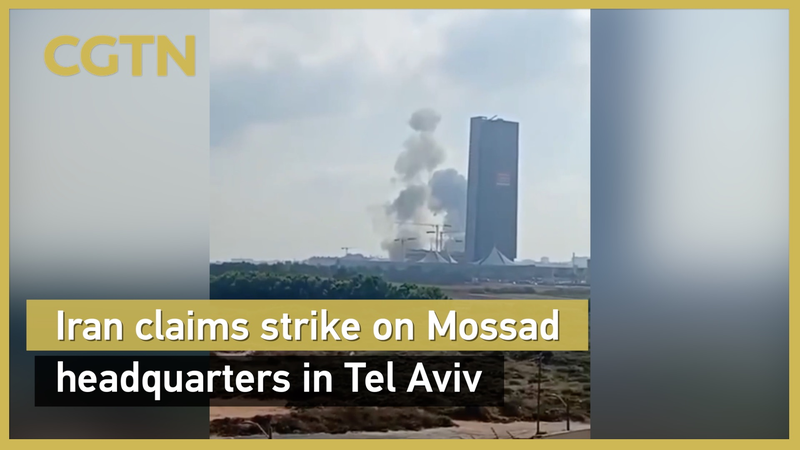For the sixth consecutive day, the air war between Israel and Iran has intensified, drawing global attention to the volatile region. In a bold move delivered via social media, U.S. President Donald Trump demanded Iran's 'unconditional surrender' and warned that American patience was wearing thin. He added there was no intention to kill Iran's leader 'for now,' signaling a more aggressive posture as he balances threats and diplomacy.
Key Developments
- Trump's social media demand marks a sharp escalation in U.S. rhetoric.
- The U.S. is deploying additional fighter jets and extending warplane missions across the Middle East.
- Defensive actions include U.S. assistance in shooting down missiles aimed at Israel.
- Trump floated sending Middle East Envoy Steve Witkoff or Vice President JD Vance to meet Iranian officials.
- A White House official confirmed Trump spoke by phone with Israeli Prime Minister Benjamin Netanyahu.
Trump's messaging has ranged widely, from military threats to diplomatic hints, creating uncertainty over Washington's next steps. While the U.S. has so far limited itself to defensive operations, the deployment of more aircraft underscores an elevated commitment to protect allies and deter further escalation.
As the conflict unfolds, world leaders and global markets are watching closely. Will intense pressure force a diplomatic breakthrough, or could deeper U.S. involvement risk a broader confrontation? For young global citizens, entrepreneurs, and policy enthusiasts alike, the coming days will test the balance between military might and diplomatic finesse in shaping the future of Middle East stability.
Reference(s):
Israel-Iran air war: Trump calls for Iran's 'unconditional surrender'
cgtn.com



